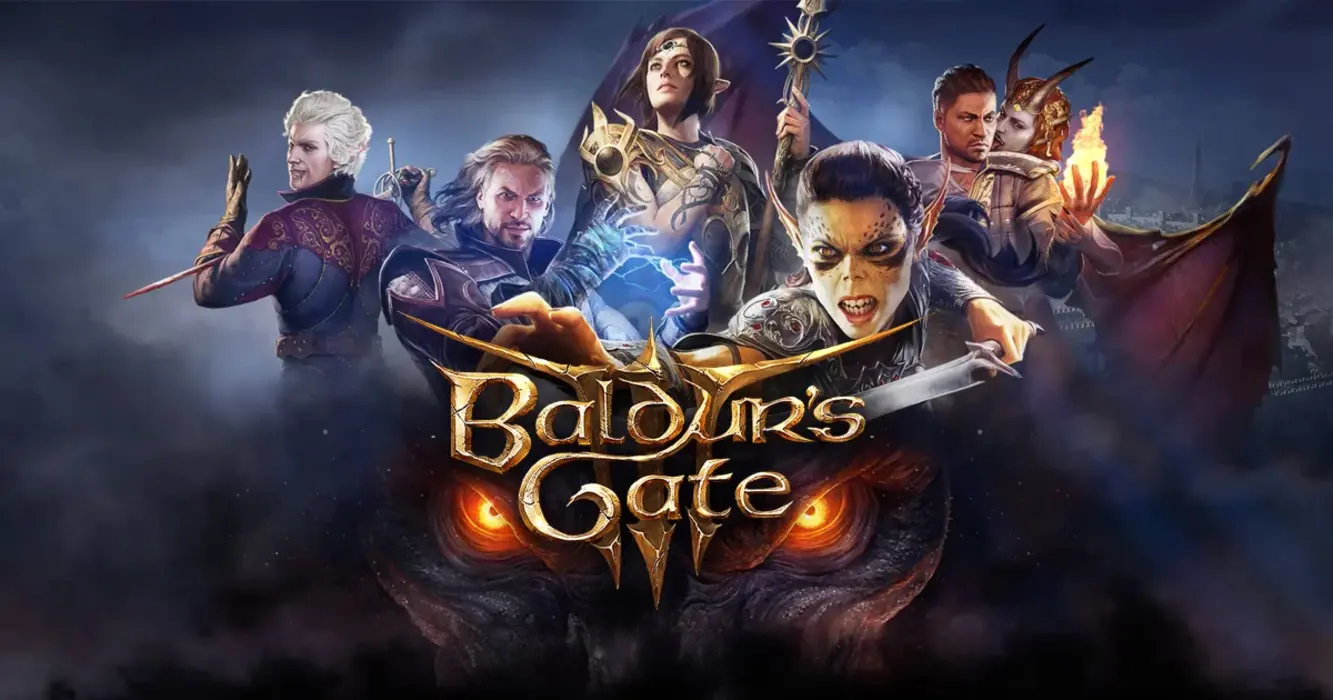Olympus Scanlation, the art and process of translating and distributing manga and other graphic novels online, has become a significant part of the global manga scene, enabling fans worldwide to access works that would otherwise be inaccessible in their language. One of the notable groups that have made an impact in this field is Olympus Scanlation. This article explores the origins, growth, contributions, controversies, and impact of Olympus Scanlation in the ever-evolving world of fan translation.
What is Olympus Scanlation?
Scanlation is the practice of scanning and translating manga, webcomics, light novels, and other graphic media into languages other than the original language. Traditionally, scanlation involves several steps: the original manga or comic is scanned, edited to remove text, translated into the target language, and finally, the translated text is placed back into the artwork. Fans of manga and comics typically engage in this process to bring works that have not yet been officially released or translated into a given language to a broader audience.
While scanlation has existed for many years, its prominence has grown with the increasing availability of digital tools and the rising global popularity of manga. Communities and groups like Olympus Scanlation have played a key role in fostering this worldwide fan-driven industry.
The Origins of Olympus Scanlation
Olympus Sccanlation is one of the most prominent fan translation groups in the manga scanlation community. While the exact founding date and details of its origins are difficult to trace, it can be inferred that the group began during the early 2000s, a period of significant growth for manga and anime fandoms worldwide. During this time, fan communities were increasingly organizing themselves online, creating websites, forums, and Discord channels dedicated to sharing content and engaging in discussions.
The group originally started by focusing on less mainstream titles, often picking up manga series that were either too niche or were not available in languages outside of Japan. The group’s name, Olympus, is likely a reference to the Greek gods, invoking a sense of superiority and mastery over the medium of manga translation. Over time, Olympus Sccanlation became known for its high-quality work, loyal fanbase, and contributions to a range of genres, from shounen (action-oriented manga) to shoujo (manga focused on romance and drama).
Olympus Scanlation’s Growth and Influence
Olympus Sccanlation quickly gained traction and grew into one of the most popular and respected scanlation groups within the manga fandom. Their name became synonymous with quality, with many manga fans seeking out Olympus Sccanlation’s releases over others. The group’s commitment to accuracy, high-quality translations, and clean artwork set them apart from other scanlation teams.
One of Olympus Sccanlation’s key strengths was its ability to choose a wide variety of manga titles to translate. While other groups often stuck to mainstream, popular manga that were likely to be officially licensed, Olympus Sccanlation focused on lesser-known works that had not yet been picked up for official localization. This gave fans access to a treasure trove of rare and unique manga titles.
The group’s focus on quality, coupled with their dedication to translating even niche works, helped foster a strong and dedicated community of fans. Olympus Scanlation’s releases were often met with anticipation, with discussions and fan theories surrounding each new chapter making their way through forums, social media, and other fan-driven platforms. Through this community-driven process, Olympus Scanlation contributed to the creation of a more connected, global manga fandom.
Contributions to the Scanlation Scene
Olympus Scanlation is widely regarded for a number of key contributions to the world of fan translation and manga. Some of these include:
- Bringing Lesser-Known Titles to Global Audiences: Perhaps Olympus Scanlation’s most significant contribution has been its dedication to translating rare and obscure manga. These works were often overlooked by commercial publishers due to their niche nature or lack of mass appeal. By translating and distributing these works, Olympus Scanlation allowed fans access to hidden gems that they might not have otherwise encountered.
- Raising the Bar for Scanlation Quality: As a scanlation group, Olympus Scanlation was known for producing high-quality translations. Their work often included not only accurate translation but also well-executed typesetting, clean edits, and attention to detail. For many fans, Olympus Scanlation set the standard for what a good fan translation should look like, encouraging other groups to adopt similar practices.
- Fostering Fan Communities: Olympus Scanlation also fostered an incredibly active and engaged community of manga readers. Fans of the group would often discuss their favorite series, share their interpretations, and theorize about upcoming plot developments. This sense of community has been instrumental in growing the overall manga fandom, as fans from different parts of the world could connect over their shared love of manga.
- Translations of Underrated Genres: Many scanlation groups focus on the more popular genres such as shounen (targeted at young boys) or shoujo (targeted at young girls). However, Olympus Scanlation often chose titles from other genres such as josei (aimed at adult women), seinen (aimed at adult men), and even some experimental or avant-garde works. By translating a wide range of genres, they helped broaden the scope of what manga could be, introducing audiences to stories that didn’t necessarily fit the mainstream mold.
Controversies and Legal Challenges
Despite its success and reputation, Olympus Scanlation, like many scanlation groups, has faced controversies and legal challenges. In recent years, scanlation groups have found themselves under increased scrutiny from the manga industry, particularly publishers and copyright holders. The rise of legal actions and “take-down” notices from publishers has led to a tense relationship between scanlation groups and the official manga industry.
Olympus Scanlation, specifically, has faced criticism and legal action for the unauthorized distribution of copyrighted manga. Publishers, especially those in Japan, often argue that fan translations deprive them of potential sales, and the unauthorized translations can harm the original creators’ work. In response, Olympus Scanlation has been forced to remove certain manga from their website or cease publication of specific titles that are under licensing negotiations.
While some in the scanlation community view these legal pressures as an infringement on their free expression and love of manga, others argue that scanlation undermines the very industry it seeks to support. Some groups, including Olympus Scanlation, have taken to a more cautious approach, shifting to projects that are less likely to draw legal attention. Despite these challenges, Olympus Scanlation continues to operate, albeit with a more cautious approach.
The Future of Olympus Scanlation
The future of Olympus Scanlation, like that of many scanlation groups, remains uncertain. As the legal landscape becomes more hostile to fan-driven content, scanlation groups must either adapt or cease their activities altogether. One potential path for Olympus Scanlation could be to shift toward working on manga titles that are less likely to be commercially licensed, or to focus on works that are no longer in print or actively being published.
Another possibility is that Olympus Scanlation could transition into a more official capacity by collaborating with publishers or becoming involved in official translations. Some scanlation groups have already made the leap to professional translation work, which has allowed them to continue their passion for manga while operating within legal boundaries.
Conclusion
Olympus Scanlation has played a crucial role in the world of manga scanlation. By offering high-quality translations of both popular and obscure titles, the group has helped expand the reach of manga to audiences who might not have had access to it otherwise. Olympus Scanlation’s dedication to excellence and community engagement has made it a key player in the global manga fandom.
However, as the legal pressures on scanlation groups continue to grow, Olympus Scanlation, like many others, must navigate the complex relationship between fan translation and copyright laws. The future of Olympus Scanlation, and scanlation in general, may depend on how the manga industry and fan communities evolve together. For now, Olympus Scanlation remains a symbol of the passion and creativity that the fan translation community embodies.











